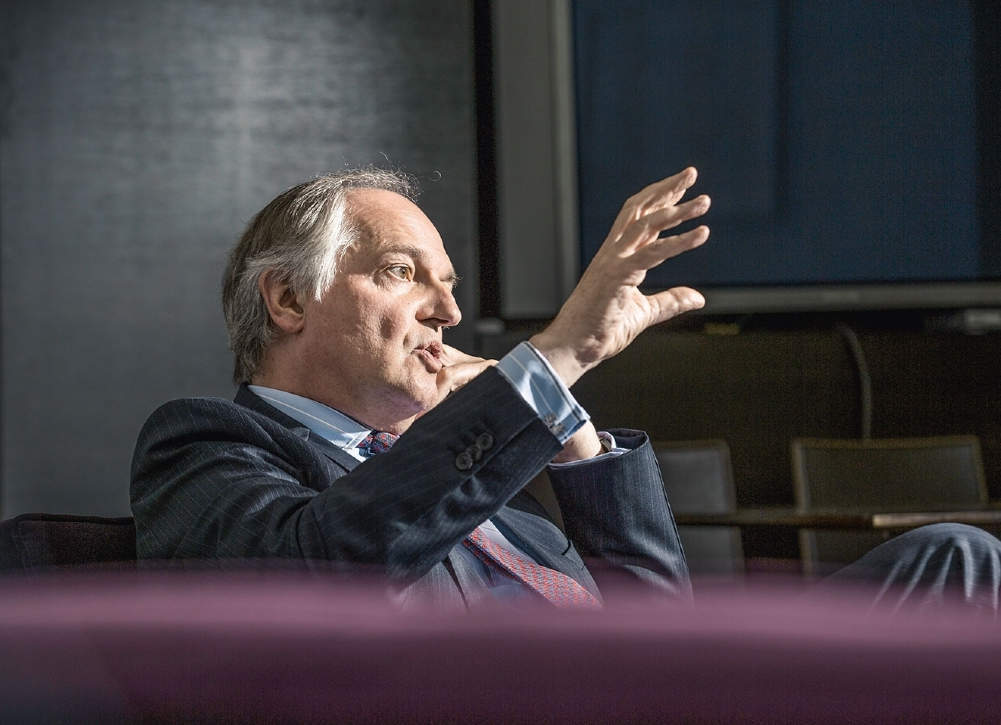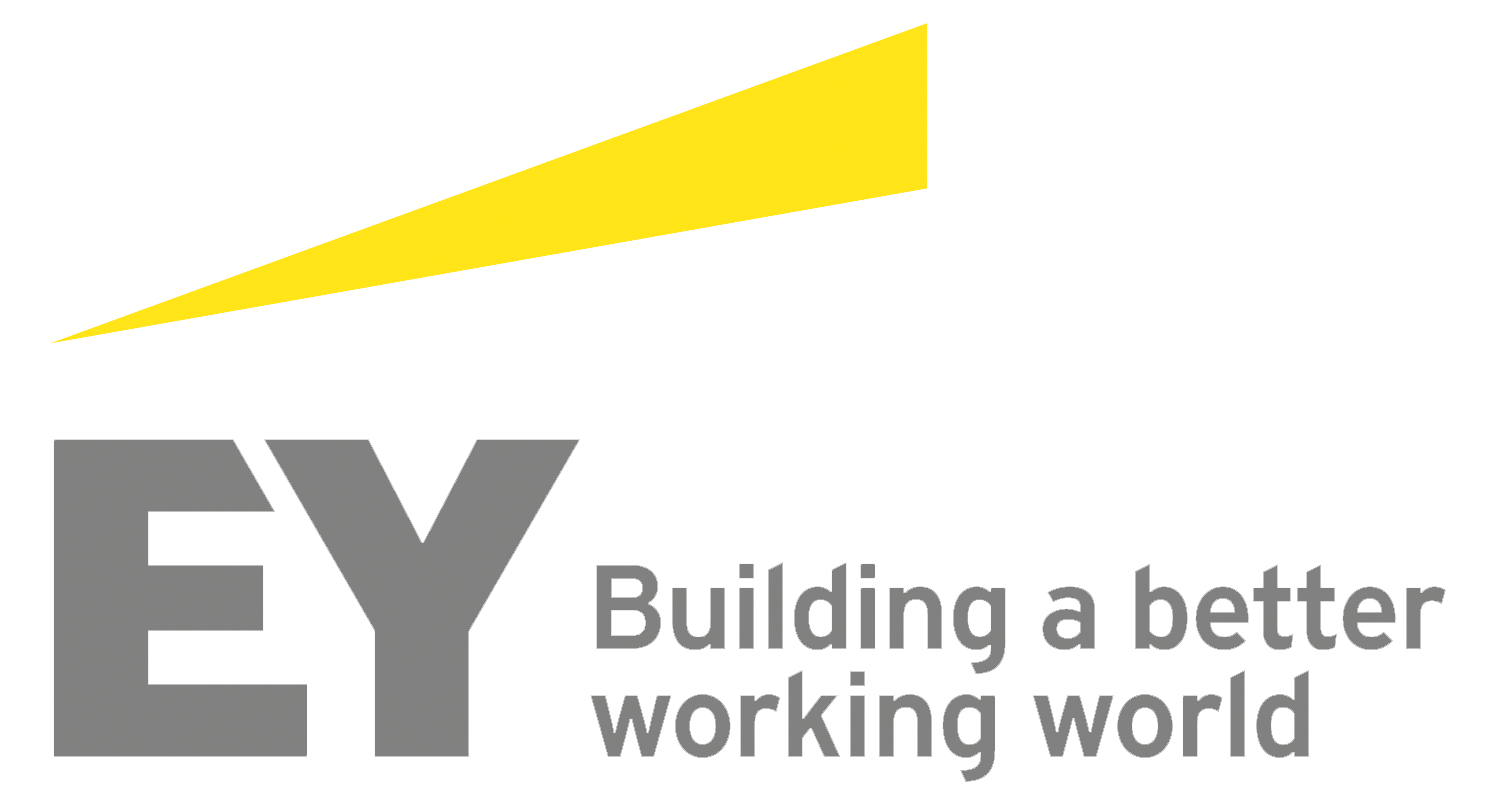
Unilever CEO Paul Polman believes businesses must rethink their models and governments should use tax policies to underpin future growth.
These are uncertain times. Economic growth is proving elusive in many countries around the world.
Populism and protectionism weigh on some countries, while others battle to negate isolationism and foster new global trade ties. Shifting tax policies add complexity.
And over everything loom the pressing issues of today and tomorrow: climate change, rising economic inequality, and the advent of a new era dominated by artificial intelligence and automation in which many jobs are disappearing.
As chief executive officer of the Anglo-Dutch consumer goods giant Unilever, Paul Polman grapples with these complex challenges every day.
The company behind Ben & Jerry’s ice cream, Hellmann’s mayonnaise and Dove soap, last year implemented a major savings program aimed at making the business more agile and competitive, helping deliver a 22 percent profit increase in the first half of 2017.
How well do you really know your competitors?
Access the most comprehensive Company Profiles on the market, powered by GlobalData. Save hours of research. Gain competitive edge.

Thank you!
Your download email will arrive shortly
Not ready to buy yet? Download a free sample
We are confident about the unique quality of our Company Profiles. However, we want you to make the most beneficial decision for your business, so we offer a free sample that you can download by submitting the below form
By GlobalDataPolman says:
A business has more confidence to make significant investments for the future if the tax environment is stable.
In an interview with Tax Insights, Polman streess that Unilever’s strategy will need to evolve further in the future.
How can Unilever marry profitability with sustainability? How can the company identify and implement innovative solutions to respond to weak global economic growth?
“The biggest overarching challenge we face — governments and business alike — is to move to more inclusive and equitable forms of growth”, says Polman, current chair of the World Business Council for Sustainable Development, who has sat on climate change panels and the high-level panel developing the sustainable development goals (SDGs) at the United Nations.
Any system where too many people get left behind is sowing the seeds of its own destruction.
“This means, for instance, facing up to the consequences of climate change,” Polman says. “It is key now that governments and business work together in new forms of partnerships to implement these agreements and deliver this new model of sustainable and equitable growth.”
The big rethink
Polman, the Dutch businessman who rose through the ranks at Procter & Gamble and Nestle, was named Unilever CEO in 2009. He believes there needs to be a shift in focus to achieve a practical and equitable approach to sustainable growth.
“There is no business case for enduring poverty and runaway climate change,” Polman says on Unilever’s website.
Polman introduced the Unilever sustainable living plan in 2010, aimed at improving well being (with its food and hygiene products), reducing the corporation’s environmental footprint and enhancing livelihoods (through increased incomes for farmers and small retailers, for example).
In 2016, Polman created the Global Commission on Business and Sustainable Development with former UN deputy secretary general Mark Malloch-Brown with the goal of articulating the economic case for the 17 key SDGs identified by the UN.
Finding solutions to these challenges, which range from good health and gender equality to climate change and decent work, is vital to unlocking new future sources of economic growth, Polman says.
He points to a report from the Business and Sustainable Development Commission that identifies at least $12trn of commercial opportunities for firms investing in sectors closely associated with hitting each of the UN’s 17 goals.
“Doing business well and sustainable means end-to-end thinking, including the whole supply chain,” Polman says.
It means rethinking the purpose of business, its role and impact in society. We need to create more jobs and use fewer materials — and we have to rethink our tax system, which currently often encourages the opposite.
Get the tax balance right
Polman believes there is a direct line of causation between taxation and economic growth. He says governments should strive to set taxes at levels that support high-quality public services but do not hobble business activity.
“As with everything, there is the right balance to be struck — if the tax burden is too high or if it falls in the wrong place, then the full potential impact of the business contribution may not be maximized,” Polman says.
Tax policies that support innovation and R&D, and which invest in people, will underpin future growth. Similarly, the importance of certainty in the tax environment should not be underplayed. A business has more confidence to make significant investments for the future if the tax environment is stable.
This kind of certainty is paramount to businesses such as Unilever, a truly global player that generates 57 percent of its business in developing markets. Constantly changing tax policies are an unwelcome distraction, delaying investment and eating into profits, he says.
Double taxation is another source of contention that causes significant concern, both in terms of money as well as time that it takes to resolve any tax authority concerns. It is a major barrier to cross-border trade and investment, according to Polman.
A sustainable base
In developing markets, authorities face the challenge of building a more sustainable tax base.
Globalisation has helped lift many out of grinding poverty. But these countries often lack institutional depth, meaning that governments can struggle to build a big enough tax base to finance a sustainable growth agenda.
Increasing transparency, tackling corruption, and fostering broader tax compliance by the many and not just the few is needed, Polman says.
It is here that governments and business leaders can really work together and make a difference.
Businesses, of course, have a clear obligation to comply with local tax laws and to interpret them in a responsible way, according to Polman. It is in his firm’s best interests “to help develop good governance, and to ensure that tax levels are fairly assessed and properly collected”.
But governments are the ones that make tax laws, and they must take responsibility for making changes where required, Polman says.
As part of this process, Polman says Unilever — as one of a number of interested stakeholders — can provide input on proposed tax reforms, as well as the company’s practical experience and insights.
Pointing to recent legislative changes in India, Polman says:
I am watching with interest to see whether the introduction of the new goods and services tax there will bring more businesses and individuals into tax compliance.
New world order
Shifting views on global trade pose another challenge in the years ahead.
The election of a US president who has criticised trade deals as harming US businesses and UK voters’ decision to leave the European Union have suddenly thrown the spread of globalisation into question.
In Unilever’s view, the main Brexit-related challenges going forward are likely to be operational, Polman says: Will businesses be able to hire the human capital they need at every level of the organisation, particularly in the UK? Will Brexit lead to new tariffs on goods leaving or entering the country? Are new customs forms or changes to sales taxes likely to crimp efficiency or affect flows of working capital?
“A long transitional period would create the least risk for businesses and consumers, as there would be more time to plan and clarity over the exact changes needed,” notes Polman, who says he shared these thoughts during meetings with UK prime minister Theresa May.
When it comes to the US president’s plans to reshape America’s tax structure, Polman is adopting a “wait-and-see” approach: “It would be good for international tax stability if there were more consistency in approach across countries.”
But Polman is also quick to note that the UK and US are just two of the world’s many trading nations, albeit important ones historically wedded to the notion of internationalism and the free flow of capital.
Within three decades, 80 percent of the world’s population will live outside the US and Europe, Polman points out. He says:
Those firms well positioned with products and services that meet the needs of these emerging economies will be those best placed to capture growth.



